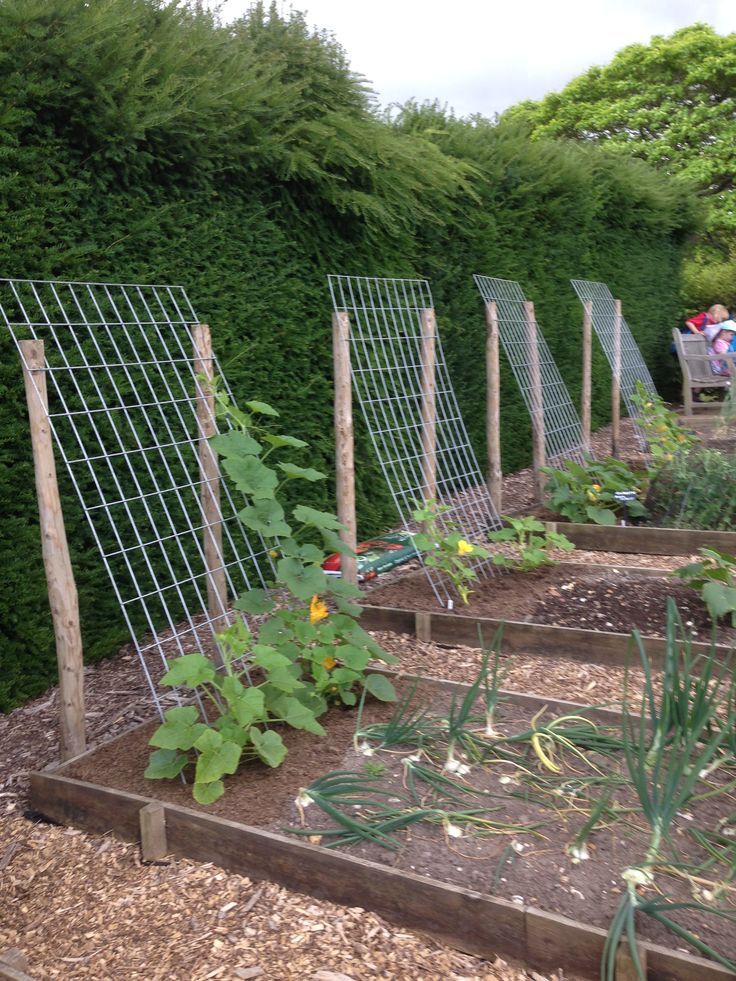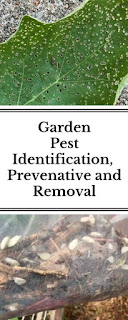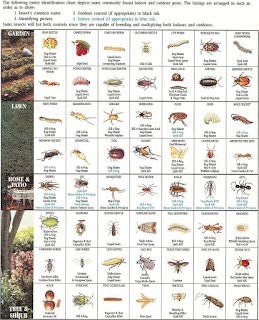THE CULTIVATION OF VEGETABLES.
Before taking up the garden vegetables
individually, I shall outline the general practice of cultivation, which
applies to all.
The purposes of cultivation are three to
get rid of weeds, and to stimulate growth by (1) letting air into the soil and
freeing unavailable plant food, and (2) by conserving moisture.
As to weeds, the gardener of any experience
need not be told the importance of keeping his crops clean. He has learned from
bitter and costly experience the price of letting them get anything resembling
a start. He knows that one or two days' growth, after they are well up,
followed perhaps by a day or so of rain, may easily double or treble the work
of cleaning a patch of onions or carrots, and that where weeds have attained
any size they cannot be taken out of sowed crops without doing a great deal of
injury. He also realizes, or should, that every day's growth means just so much
available plant food stolen from under the very roots of his legitimate crops.
Instead of letting the weeds get away with
any plant food, he should be furnishing more, for clean and frequent
cultivation will not only break the soil up mechanically, but let in air,
moisture and heat all essential in effecting those chemical changes necessary
to convert non- available into available plant food. Long before the science in
the case was discovered, the soil cultivators had learned by observation the
necessity of keeping the soil nicely loosened about their growing crops. Even
the lanky and untutored aborigine saw to it that his squaw not only put a bad
fish under the hill of maize but plied her shell hoe over it. Plants need to
breathe. Their roots need air. You might as well expect to find the rosy glow
of happiness on the wan cheeks of a cotton-mill child slave as to expect to see
the luxuriant dark green of healthy plant life in a suffocated garden.
Important as the question of air is, that
of water
ranks beside it. You may not see at first what the matter of frequent
cultivation has to do with water. But let us stop a moment and look into it.
Take a strip of blotting paper, dip one end in water, and watch the moisture
run up hill, soak up through the blotter. The scientists have labeled that
"capillary attraction" the water crawls up little invisible tubes formed
by the texture of the blotter. Now take a similar piece, cut it across, hold
the two cut edges firmly together, and try it again. The moisture refuses to
cross the line: the connection has been severed.
In the same way the water stored in the
soil after a rain begins at once to escape again into the atmosphere. That on
the surface evaporates first, and that which has soaked in begins to soak in
through the soil to the surface. It is leaving your garden, through the
millions of soil tubes, just as surely as if you had a two-inch pipe and a
gasoline engine, pumping it into the gutter night and day! Save your garden by
stopping the waste. It is the easiest thing in the world to do cut the pipe in
two. By frequent cultivation of the surface soil not more than one or two
inches deep for most small vegetables the soil tubes are kept broken, and a
mulch of dust is maintained. Try to get over every part of your garden,
especially where it is not shaded, once in every ten days or two weeks. Does
that seem like too much work? You can push your wheel hoe through, and thus
keep the dust mulch as a constant protection, as fast as you can walk. If you
wait for the weeds, you will nearly have to crawl through, doing more or less
harm by disturbing your growing plants, losing all the plant food (and they
will take the cream) which they have consumed, and actually putting in more
hours of infinitely more disagreeable work. If the beginner at gardening has
not been convinced by the facts given, there is only one thing left to convince
him experience.
























































































